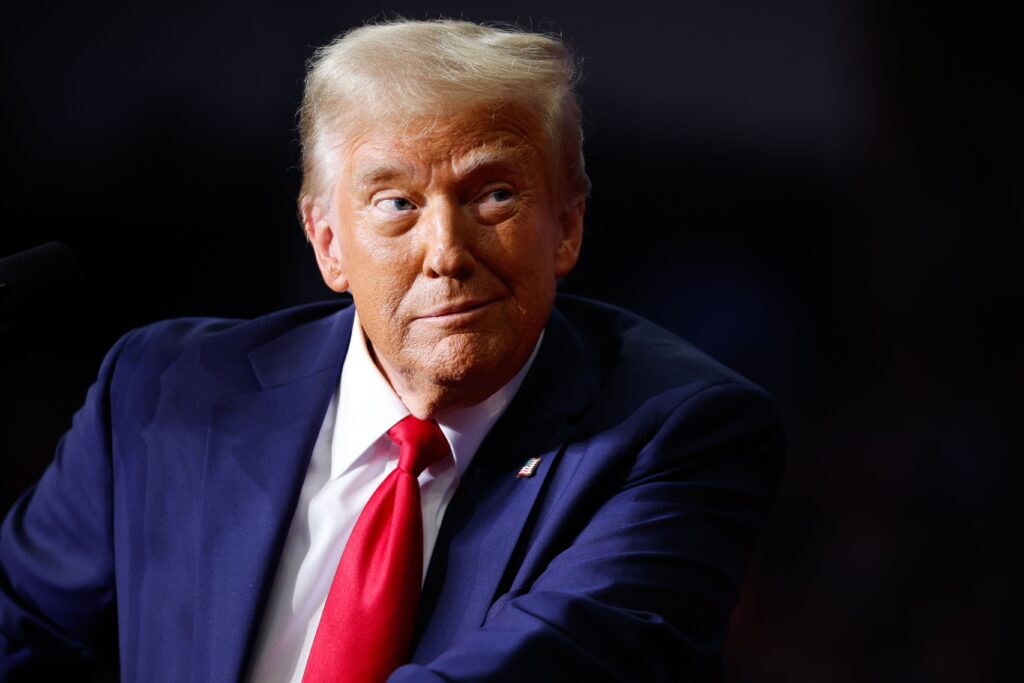The Movement Against Debanking
In a significant development for the cryptocurrency industry, U.S. Senator Tim Scott, the chairman of the Senate Banking Committee, is spearheading a legislative initiative aimed at curbing the practice of debanking crypto businesses and leaders. This push comes in response to mounting concerns about how federal banking regulators have been allegedly using “reputational risk” as a justification to limit banking relationships with digital asset firms.
Concerns Raised in Congress
During recent congressional hearings, Republicans articulated that the systematic exclusion of digital asset businesses from U.S. banking relationships was troubling. They pointed to the perceived intentions of regulators such as the Federal Reserve, the Federal Deposit Insurance Corporation (FDIC), and the Office of the Comptroller of the Currency (OCC), suggesting that these agencies did not want crypto firms to succeed in the banking ecosystem.
The FIRM Act: A Legislative Solution
To address these issues, Scott has rallied support from fellow Republicans for the Financial Integrity and Regulation Management Act, commonly referred to as the FIRM Act. This proposed legislation aims to eliminate the notion of reputational risk from any regulator’s evaluation of a bank’s safety and soundness.
In his statement regarding the bill, Scott emphasized, “It’s clear that federal regulators have abused reputational risk by carrying out a political agenda against federally legal businesses. This legislation, which removes all references to reputational risk in regulatory supervision, is the first step in ending debanking once and for all.”
Support from Fellow Senators
Senator Cynthia Lummis, a Republican from Wyoming and the leader of the digital assets subcommittee, has also voiced concerns about this issue. She recently highlighted the need for a transparent regulatory framework that promotes innovation in digital assets rather than stifling it through excessive government intervention. “Americans deserve a transparent regulatory framework that fosters innovation in digital assets instead of smothering it with government overreach,” Lummis stated.
Diverging Opinions on Regulation
While many in the cryptocurrency sector welcome this legislative initiative, consumer advocates and certain Democrats—including Senator Elizabeth Warren—have expressed differing views. They argue that regulators’ scrutiny of digital assets is justified due to the collapse of several prominent firms, fraud allegations against industry leaders, frequent hacks of digital asset platforms, and the overall volatility of the market. These factors, they argue, pose significant risks to investor safety.
Conclusion
As the debate over the regulation of cryptocurrencies continues, the FIRM Act represents a pivotal moment for the industry. The outcome of this legislative push could redefine the relationship between banks and digital asset firms, ultimately shaping the future of cryptocurrency in the U.S.



